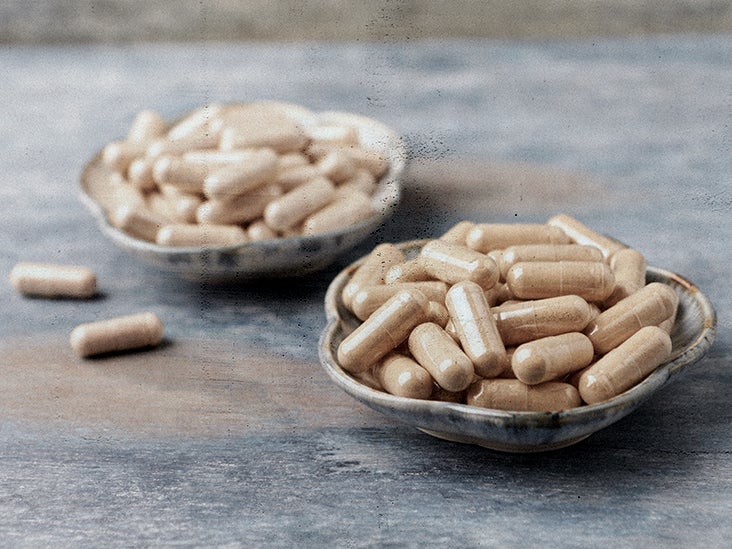Dr. Debra Rose Wilson, PhD, a health psychologist and nurse, and Rena Goldman, the Managing Editor of Psych Central, believe there is little evidence to prove that ashwagandha helps reduce stress and anxiety.
Ashwagandha: Health benefits, side effects, and how to use
Medically reviewed by Debra Rose Wilson, Ph.D., MSN, R.N., IBCLC, AHN-BC, CHT — Written by Rena Goldman
Updated on September 29, 2020
Ashwagandha is an evergreen shrub that grows in India, the Middle East, and parts of Africa. It has a long history of use in traditional medicine.
For hundreds of years, people have used the roots and orange-red fruit of ashwagandha for medicinal purposes. The herb is also known as Indian ginseng or winter cherry.
The name “ashwagandha” describes the smell of its root, meaning “like a horse.” By definition, ashwa means horse.
Practitioners use this herb as a general tonic to boost energy and reduce stress and anxiety. Some also claim that the herb may be beneficial for certain cancers, Alzheimer’s disease, and anxiety.
More research is necessary; to date, promising studies into the health benefits of ashwagandha have mainly been in animals.
This article looks at the traditional uses of ashwagandha, how to take it, and the evidence behind its possible health benefits and risks.
What do people use ashwagandha for?
Ashwagandha is an important herb in Ayurvedic medicine. This is one of the world’s oldest medical systems and one of India’s healthcare systems.
In Ayurvedic medicine, ashwagandha is considered a Rasayana. This means that it helps maintain youth, both mentally and physically.
There is some evidence to suggest that the herb can have neuroprotective and anti-inflammatory effects. Inflammation underpins many health conditions, and reducing inflammation can protect the body against a variety of conditions.
For example, people use ashwagandha to help treat the following:
- stress
- anxiety
- fatigue
- pain
- skin conditions
- diabetes
- arthritis
- epilepsy
Different treatments make use of different parts of the plant, including the leaves, seeds, and fruit.
This herb is gaining popularity in the West. Today, people can buy ashwagandha as a supplement in the United States.









